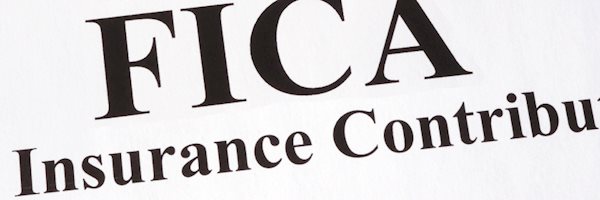The Financial Intelligence Centre Act (FICA), has been part of South Africa’s legal landscape since 2003. It was introduced to fight financial crime and act as a prevention measure against money laundering, tax evasion, identity theft, and terrorist financing activities.
FICA provides a due diligence framework to determine ownership, which means that banks, conveyancers, and property practitioners dealing with property transactions - in fact, any institution that engages with a prospective client entering into a transaction - must have the
client/s identity verified.
It is not usual to find you may have to go through two or even three FICA certifications during a buying-selling transaction, but this is necessary to ensure that each facilitator involved in the process, is satisfied that you are who you say you are, and can prove it.
All parties that are required to undertake FICA verification take it very seriously, and it can take some time to process, particularly if an obligated party has to deal with two clients simultaneously on the same property deal.
Depending on the verification process used by a FICA-compliant party, the documents you are required to submit may include some or all of the following:
- A certified copy of an individual’s identity document, or passport if a foreign national. The ID document can be a green barcoded ID book or ID card. If the ID document has been lost, a temporary ID should be provided. In rare cases a driver’s license may be accepted.
- Proof of income tax number from the South African Revenue Services (SARS), no older than one year.
- Proof of banking details, which must be dated within the past three months. These are easily obtained from your bank on request.
- Proof of residence, which must be dated within the past two months. This may be a municipal bill, a statement of an account like a subscription to an internet provider or TV service, or a bank statement.
- Marriage certificate and, if applicable, your ante-nuptial contract. Divorce and settlement agreement, if that is applicable.
- In the case of a deceased estate, the addition of a certified copy of the death certificate.
Certification means the document has been verified by an independent Commissioner of Oaths, who also needs to provide their full name, title and signature. Their role is to ensure that the documents that need certification are true copies of the original document, which means you need to supply the Commissioner with copies and the original. There is no fee charged for certifying a document. Police stations are the most convenient place to have documents certified.
Note also, that it is considered best to certify all copies of documents during buy-sell transactions.
Estate agents also need to be compliant
Property practitioner businesses (not its singular agents) are considered ‘accountable institutions’ meaning that they are obliged to comply with FICA rules and regulations.
Their obligations in terms of compliance to FICA include a number of administrative duties:
- Keep records of clients and transactions.
- Formulate and implement agency rules to ensure compliance with the Act.
- Report to the IFC, any cash or eft payments over a prescribed limit.
- To appoint a compliance officer to monitor internal compliance.
- Train staff around the Act and compliance.
Agency businesses are prohibited from entering into any business relationship unless they have verified the identity of their clients, which is also known as ‘know your client’ (KYC). They are not allowed to accept a mandate from a seller unless that client’s identity has been established, nor can they conclude a sale agreement.
The seller may be a married person, in which case only the seller, or the person who is the named property owner, needs to be verified, not their partner. However, if both husband and wife sign a mandate, both of their identities need to be verified.
Estate agents are obliged to report any suspicious transactions to the Financial Intelligence Centre, with whom they must register.
